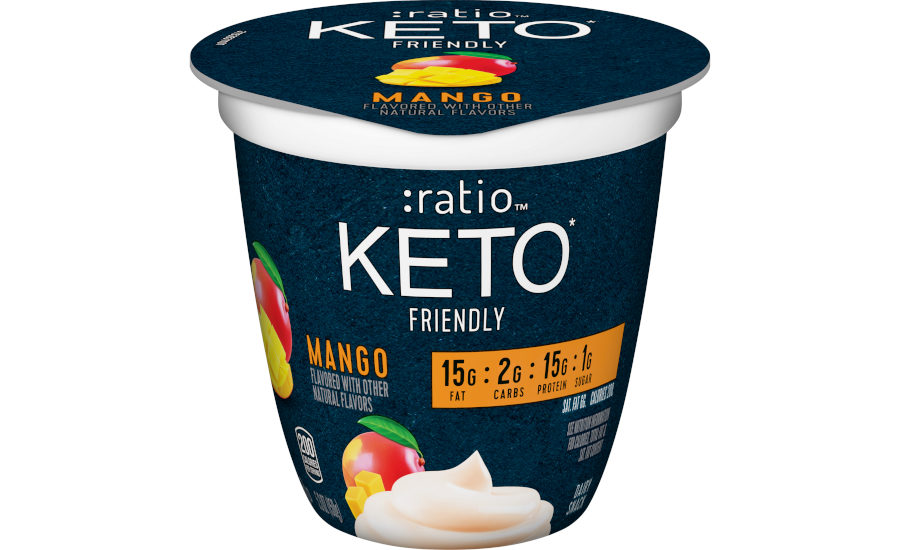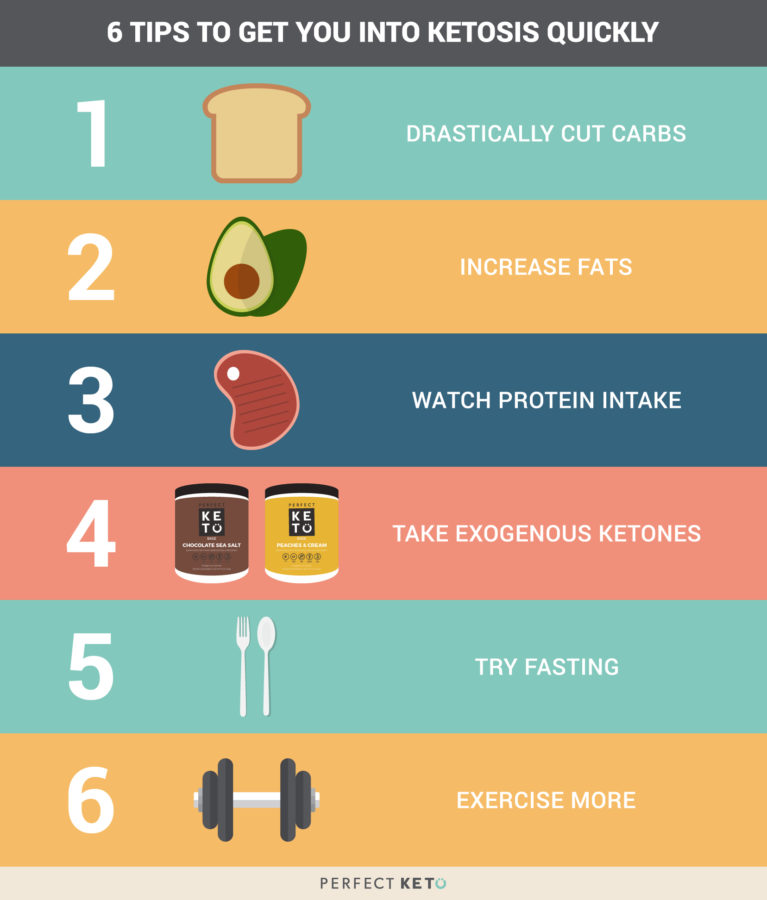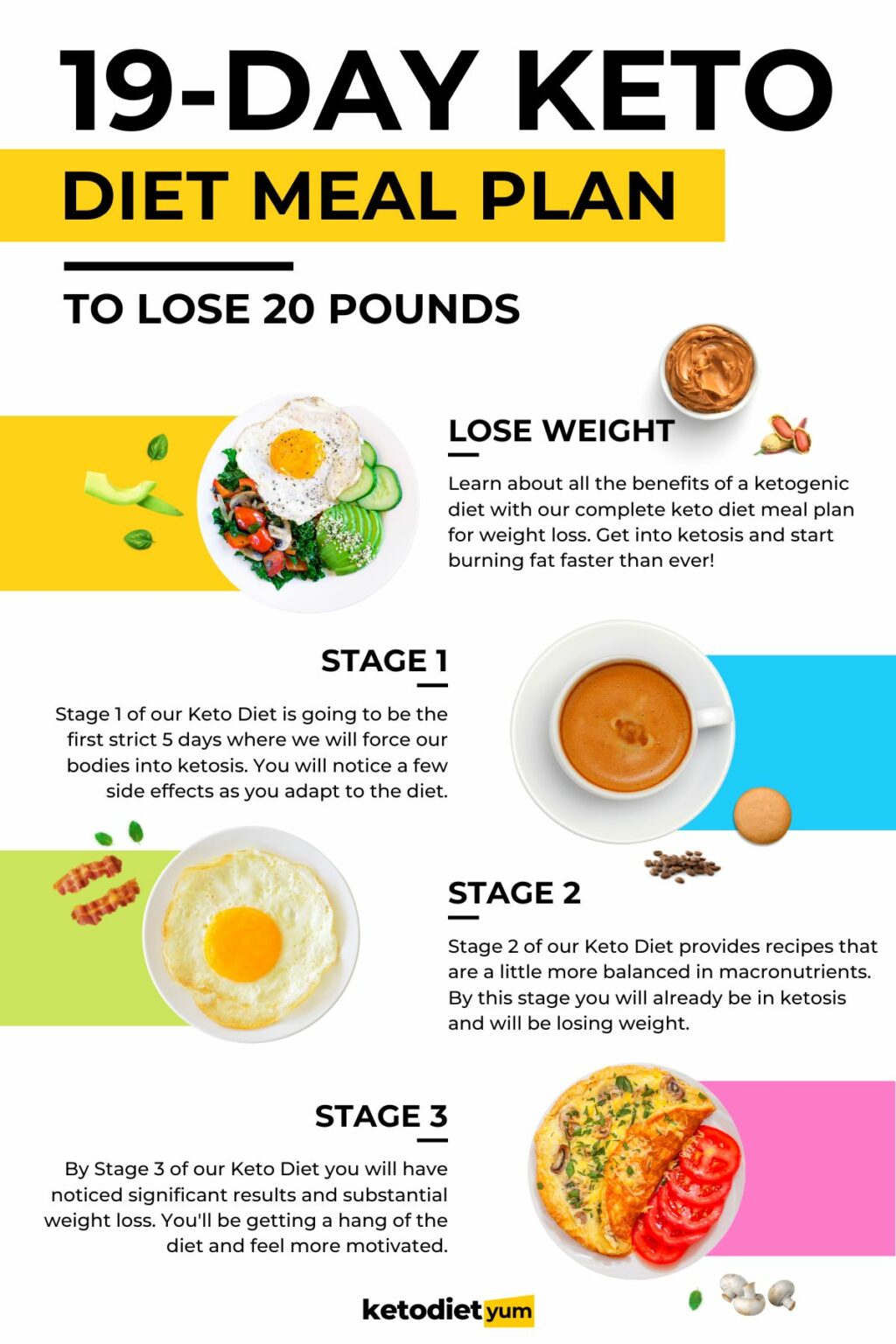The Ketogenic Diet and Dairy Products
The ketogenic, or keto, diet is a low-carb, high-fat eating plan that has gained popularity for its potential to promote weight loss and improve overall health. By significantly reducing carbohydrate intake and replacing it with fat, the body enters a metabolic state called ketosis, where it burns fat for energy instead of glucose. This dietary shift can lead to various health benefits, including enhanced mental clarity, reduced inflammation, and improved insulin sensitivity.
Dairy products can play a role in a well-formulated ketogenic diet, as they are often high in fat and contain a moderate amount of protein. However, it is essential to make mindful choices when incorporating dairy into a keto lifestyle, as some options may be higher in carbohydrates than others. This is where yogurt comes into question: “can i eat yogurt on keto”?
Yogurt, with its creamy texture and tangy flavor, can be a delicious and convenient snack or breakfast option. However, its suitability on a ketogenic diet depends on several factors, including the type of yogurt and its nutritional content. In the following sections, we will delve deeper into these aspects to help you make informed decisions when considering yogurt as part of your keto meal plan.
Understanding Yogurt Nutrition: The Carbohydrate Breakdown
To determine whether yogurt can be a keto-friendly option, it is crucial to understand its typical nutritional content. Yogurt is a dairy product that contains protein, fat, carbohydrates, and various vitamins and minerals. However, the exact nutritional values can vary significantly depending on the type of yogurt and any added ingredients.
Carbohydrates are an essential nutrient to consider when following a ketogenic diet. Generally, yogurt contains between 9 to 17 grams of carbohydrates per 100-gram serving. However, this number can be misleading, as it includes both naturally occurring sugars, such as lactose, and any added sugars. To make an informed decision, it is necessary to examine the nutrition label and differentiate between total carbohydrates, sugars, and added sugars.
Total carbohydrates refer to the total amount of sugars, starches, and fiber in a given food. Sugars, on the other hand, include both naturally occurring and added sugars. Added sugars, which should be avoided on a ketogenic diet, can significantly increase the carbohydrate content of yogurt. Therefore, it is essential to choose yogurt with minimal added sugars or, better yet, no added sugars at all.
When evaluating a yogurt’s nutrition label, aim for options with no more than 5 to 10 grams of total carbohydrates per 100-gram serving. This value ensures that the yogurt is low in carbohydrates and aligns with the ketogenic diet’s low-carb requirements. Additionally, selecting full-fat, unflavored, and unsweetened yogurt can help minimize carbohydrate intake and maintain ketosis.
Types of Yogurt and Their Impact on Ketosis
When considering yogurt as a keto-friendly option, it is essential to understand the differences between various types of yogurt and their effects on ketosis. By examining the nutritional content and unique characteristics of each type, you can make informed decisions and choose the best options for your ketogenic diet.
Greek Yogurt: Greek yogurt is a strained yogurt that has a thicker consistency and higher protein content than traditional yogurt. It typically contains between 5 to 10 grams of carbohydrates per 100-gram serving, making it a relatively low-carb option. However, it is crucial to select full-fat, unflavored, and unsweetened Greek yogurt to minimize carbohydrate intake and maintain ketosis.
Skyr: Skyr is an Icelandic yogurt that is similar to Greek yogurt in terms of texture and nutritional content. It is also strained, resulting in a thick consistency and high protein content. Skyr typically contains around 3 to 5 grams of carbohydrates per 100-gram serving, making it a suitable choice for a ketogenic diet. As with Greek yogurt, opt for full-fat, unflavored, and unsweetened Skyr to ensure it aligns with your keto meal plan.
Icelandic Yogurt: Icelandic yogurt, also known as “skyr,” is a cultured dairy product that is similar to yogurt but has a thicker consistency. It typically contains around 3 to 5 grams of carbohydrates per 100-gram serving, making it a low-carb option suitable for a ketogenic diet. Choose full-fat, unflavored, and unsweetened Icelandic yogurt to maintain ketosis.
In summary, various types of yogurt can be incorporated into a ketogenic diet, provided they are full-fat, unflavored, and unsweetened. Greek, Skyr, and Icelandic yogurts are all relatively low in carbohydrates and can be suitable options for those following a keto meal plan. However, it is essential to remember that moderation and balance are key to maintaining ketosis and achieving long-term success on a ketogenic diet.
How to Incorporate Yogurt into a Ketogenic Lifestyle
Integrating yogurt into a ketogenic diet can be both enjoyable and beneficial, as long as you make informed choices and practice moderation. By following these practical tips and recipe ideas, you can successfully incorporate yogurt into your keto meal plan while maintaining ketosis.
Choose Full-Fat, Unflavored, and Unsweetened Options: As previously mentioned, full-fat, unflavored, and unsweetened yogurt options are essential for a ketogenic diet. These choices minimize carbohydrate intake and ensure that you are consuming nutrient-dense, high-fat foods.
Measure Your Servings: To maintain ketosis, it is crucial to measure your yogurt servings accurately. Aim for portions that align with your daily carbohydrate limit, typically between 5 to 10 grams per serving. Using a food scale or measuring cups can help ensure that you are staying within your keto guidelines.
Pair Yogurt with Keto-Friendly Toppings: Enhance your yogurt experience by adding keto-friendly toppings, such as nuts, seeds, unsweetened coconut flakes, or sugar-free nut butters. These additions not only add flavor and texture but also provide healthy fats and essential nutrients.
Incorporate Yogurt into Keto Recipes: Yogurt can be a versatile ingredient in keto-friendly recipes. For example, use it as a base for low-carb dips, dressings, or sauces, or blend it with avocado or cucumber for a cooling, high-fat snack. Additionally, yogurt can be used in keto-friendly baked goods, like muffins or fat bombs, to add moisture and richness.
Monitor Your Ketosis Levels: When incorporating yogurt into your ketogenic diet, it is essential to monitor your ketosis levels regularly. By tracking your ketone levels, you can ensure that you are maintaining ketosis and adjust your yogurt intake accordingly. Various tools and techniques, such as ketone testing strips or blood meters, can help you monitor your ketosis levels effectively.
In conclusion, incorporating yogurt into a ketogenic lifestyle is possible with careful consideration and mindful choices. By selecting full-fat, unflavored, and unsweetened options, measuring your servings, pairing yogurt with keto-friendly toppings, and monitoring your ketosis levels, you can successfully enjoy yogurt while adhering to your keto meal plan.
Potential Drawbacks and Alternatives to Yogurt on Keto
While yogurt can be a suitable option for some individuals following a ketogenic diet, there are potential drawbacks to consider, such as lactose intolerance or dairy allergies. For those who cannot consume dairy, alternative keto-friendly yogurt options are available, including coconut and almond-based yogurts.
Lactose Intolerance: Lactose intolerance is a common condition where the body has difficulty digesting lactose, a sugar found in dairy products. Symptoms, such as bloating, gas, diarrhea, and abdominal pain, can occur after consuming dairy products, making it challenging to include yogurt in a ketogenic diet. For those with lactose intolerance, dairy-free yogurt alternatives may be a more suitable choice.
Dairy Allergies: Dairy allergies are a more severe reaction to dairy products, involving the immune system. Symptoms can range from mild, such as hives or rashes, to life-threatening, like anaphylaxis. Individuals with dairy allergies must avoid all dairy products, including yogurt, and opt for dairy-free alternatives instead.
Coconut-Based Yogurt: Coconut-based yogurt is a popular dairy-free alternative for those following a ketogenic diet. It is typically high in fat, low in carbohydrates, and free from lactose and dairy allergens. However, it is essential to read the nutrition label carefully, as some brands may add sugars or other high-carb ingredients. Opt for unsweetened, full-fat coconut yogurt to ensure it aligns with your keto meal plan.
Almond-Based Yogurt: Almond-based yogurt is another dairy-free option for a ketogenic diet. It is often high in fat, low in carbohydrates, and free from lactose and dairy allergens. As with coconut-based yogurt, it is crucial to read the nutrition label and choose unsweetened, full-fat almond yogurt to maintain ketosis.
In conclusion, potential drawbacks, such as lactose intolerance or dairy allergies, may prevent some individuals from incorporating yogurt into their ketogenic diet. However, dairy-free alternatives, like coconut or almond-based yogurts, can provide a suitable and delicious option. Always read the nutrition label carefully to ensure the yogurt aligns with your keto meal plan and individual dietary needs.
Monitoring Your Ketosis: Tools and Techniques
When incorporating yogurt into a ketogenic diet, monitoring your ketosis levels is crucial to ensure you maintain the metabolic state necessary for fat burning. Various tools and techniques can help you track your ketosis effectively.
Ketone Testing Strips: Ketone testing strips are a simple and cost-effective method for monitoring ketosis. These strips measure the amount of acetoacetate, a type of ketone, in your urine. To use them, dip a strip into your urine stream or collect urine in a cup and dip the strip in. The strip will change color, and you can compare the color to the chart provided with the packaging to determine your ketone level.
Blood Ketone Meters: Blood ketone meters provide a more accurate measurement of ketosis by measuring the amount of beta-hydroxybutyrate, another type of ketone, in your blood. These meters require a small blood sample, usually obtained via a finger prick. While more expensive than ketone testing strips, blood ketone meters are considered the gold standard for monitoring ketosis.
Ketone Breath Analyzers: Ketone breath analyzers measure acetone, a type of ketone, in your breath. These devices are non-invasive and easy to use, but they may not be as accurate as blood ketone meters. However, they can still provide valuable insights into your ketosis levels.
By regularly monitoring your ketosis levels, you can ensure that your ketogenic diet, including yogurt consumption, remains effective and aligned with your goals. If you notice a decrease in ketosis or experience symptoms of carbohydrate withdrawal, such as fatigue, headaches, or brain fog, consider adjusting your diet or consulting a healthcare professional for guidance.
Individual Considerations and Consulting a Healthcare Professional
When exploring the question “can i eat yogurt on keto,” it is essential to remember that individual considerations play a significant role in the suitability of yogurt for a ketogenic diet. Factors such as medical history, personal goals, and dietary restrictions should all be taken into account before incorporating yogurt into your meal plan.
Medical History: Individuals with specific medical conditions, such as kidney disease or a history of gallstones, should consult their healthcare professional before starting a ketogenic diet or consuming yogurt. A healthcare professional can provide personalized guidance based on your medical history and help ensure that your dietary choices support your overall health and well-being.
Personal Goals: The role of yogurt in a ketogenic diet may vary depending on your personal goals. For example, if your primary goal is weight loss, you may want to limit your yogurt intake to avoid consuming excess calories or carbohydrates. However, if you are using the ketogenic diet for therapeutic purposes, such as managing epilepsy or neurological disorders, your healthcare professional may recommend a different approach.
Dietary Restrictions: Yogurt may not be suitable for everyone due to dietary restrictions, such as lactose intolerance or dairy allergies. In these cases, alternative keto-friendly yogurt options, like coconut or almond-based yogurts, should be considered. Always consult a healthcare professional or registered dietitian to ensure your dietary choices align with your individual needs and restrictions.
In conclusion, when exploring the potential of yogurt as a keto-friendly option, it is crucial to consider individual factors, including medical history, personal goals, and dietary restrictions. By consulting a healthcare professional and making informed choices, you can successfully incorporate yogurt into your ketogenic diet, if suitable, and maintain a balanced and sustainable lifestyle.
Maintaining a Balanced and Sustainable Ketogenic Lifestyle
Achieving a balanced and sustainable ketogenic lifestyle involves more than just answering the question “can i eat yogurt on keto.” By focusing on whole, nutrient-dense foods and incorporating yogurt in moderation, when appropriate, you can create a dietary plan that supports your health and well-being in the long term.
Whole, Nutrient-Dense Foods: A ketogenic diet should primarily consist of whole, nutrient-dense foods, such as grass-fed meats, wild-caught fish, organic eggs, leafy greens, and non-starchy vegetables. These foods provide essential vitamins, minerals, and antioxidants, supporting overall health and well-being.
Moderation and Balance: Incorporating yogurt into a ketogenic diet requires moderation and balance. While yogurt can be a valuable source of healthy fats and probiotics, it should not become the foundation of your diet. Instead, use yogurt as a complementary ingredient in your keto meal plan, ensuring that you maintain the low-carb, high-fat requirements necessary for ketosis.
Reliable Resources: To further explore the potential of yogurt as a keto-friendly option and maintain a balanced and sustainable ketogenic lifestyle, consult reliable resources, such as peer-reviewed scientific studies, reputable health and wellness websites, or registered dietitians with expertise in ketogenic diets. These resources can provide valuable insights and guidance tailored to your individual needs and goals.
In conclusion, when considering the question “can i eat yogurt on keto,” remember that a balanced and sustainable ketogenic lifestyle goes beyond individual food choices. By focusing on whole, nutrient-dense foods, practicing moderation and balance, and utilizing reliable resources, you can create a ketogenic diet that supports your health and well-being for the long term.








